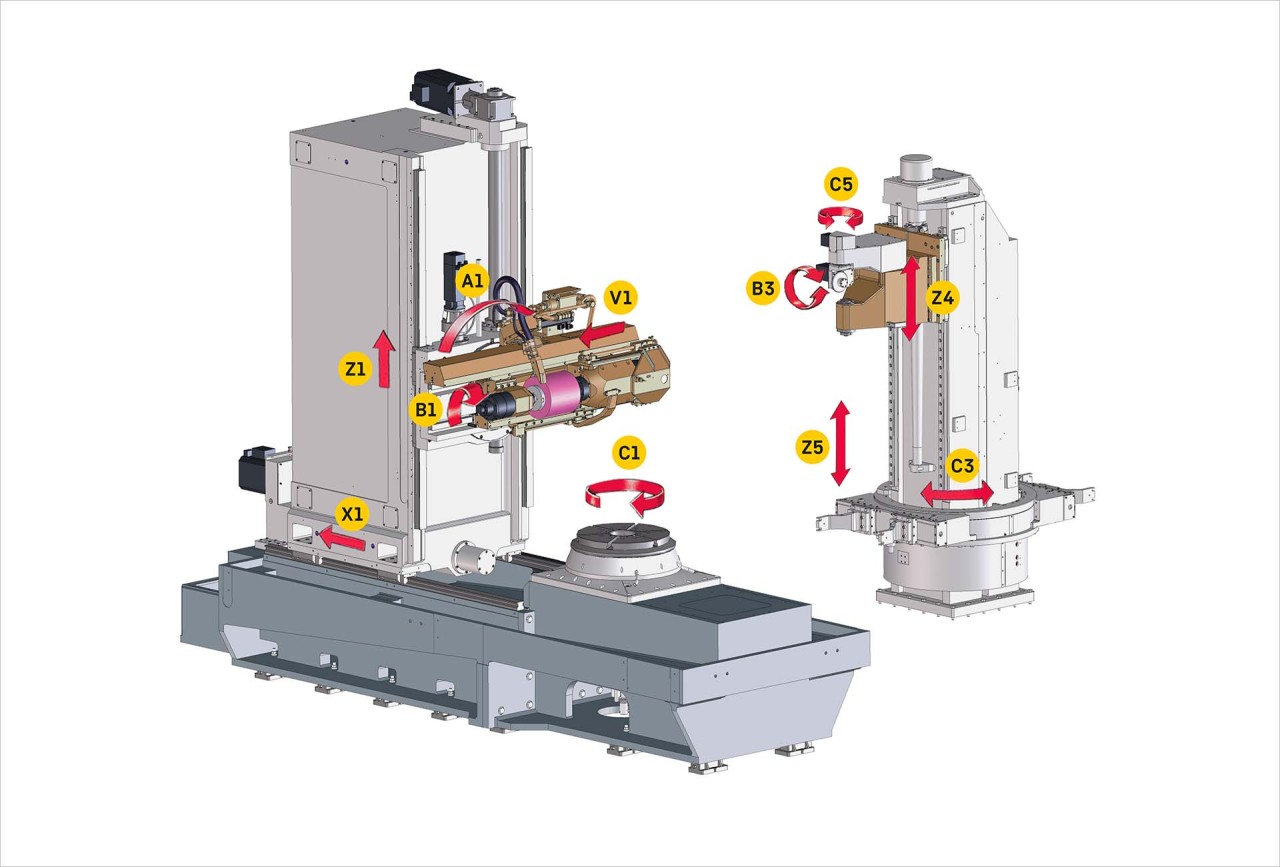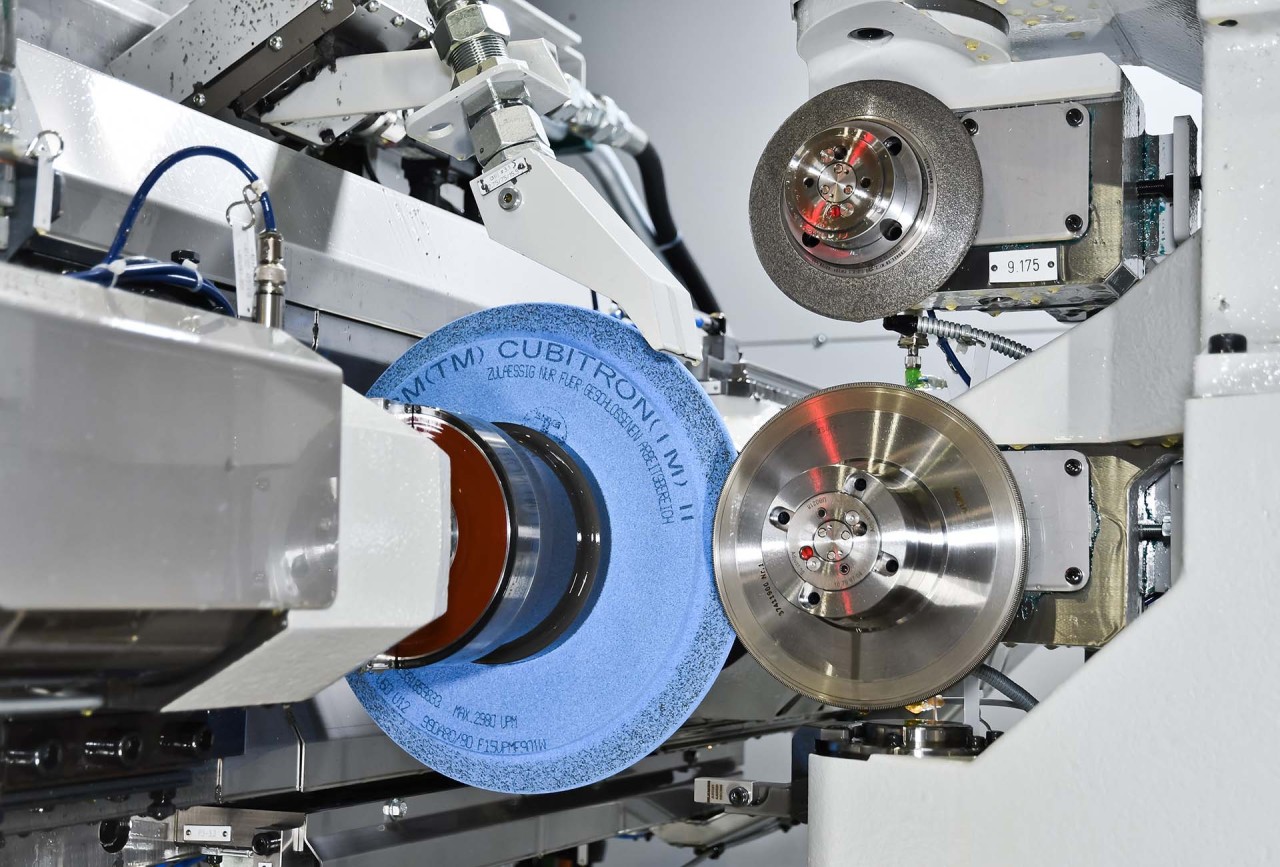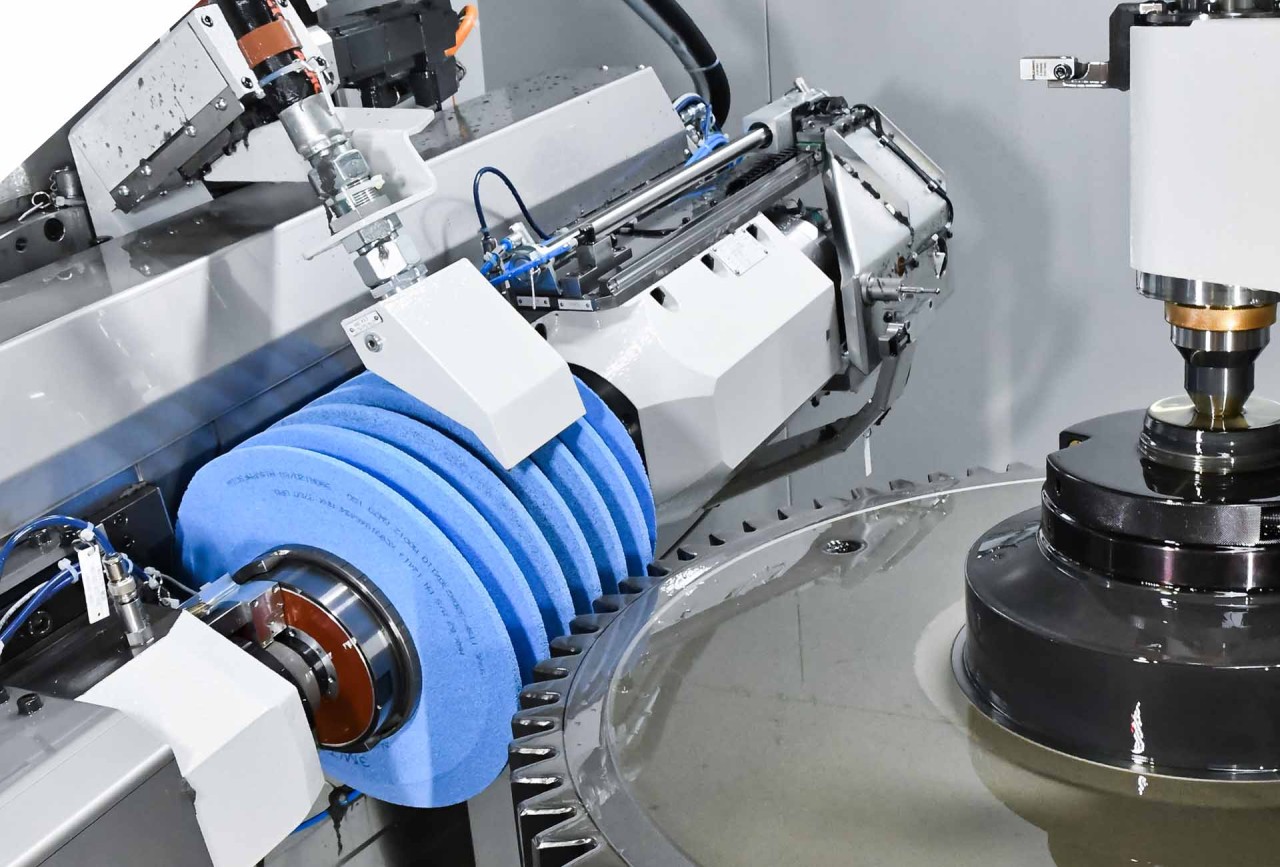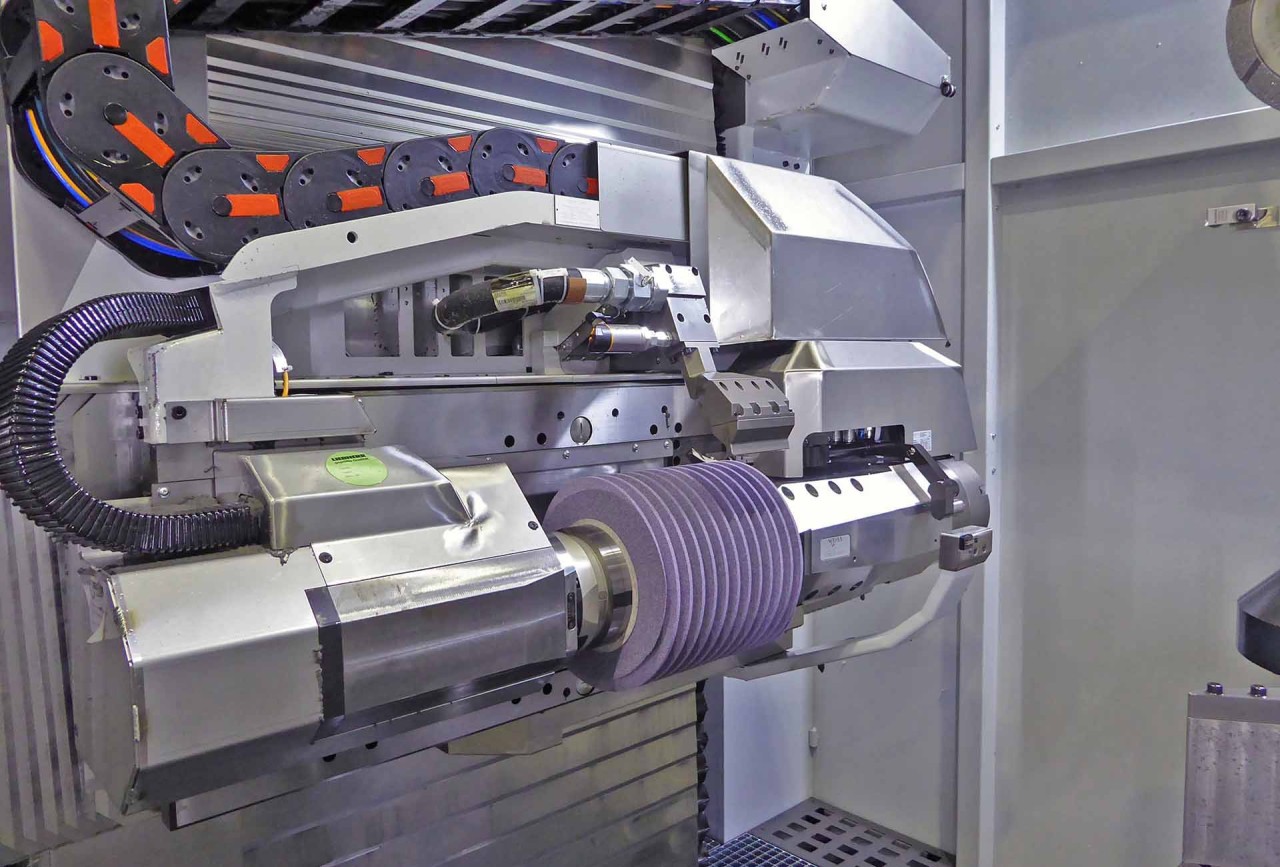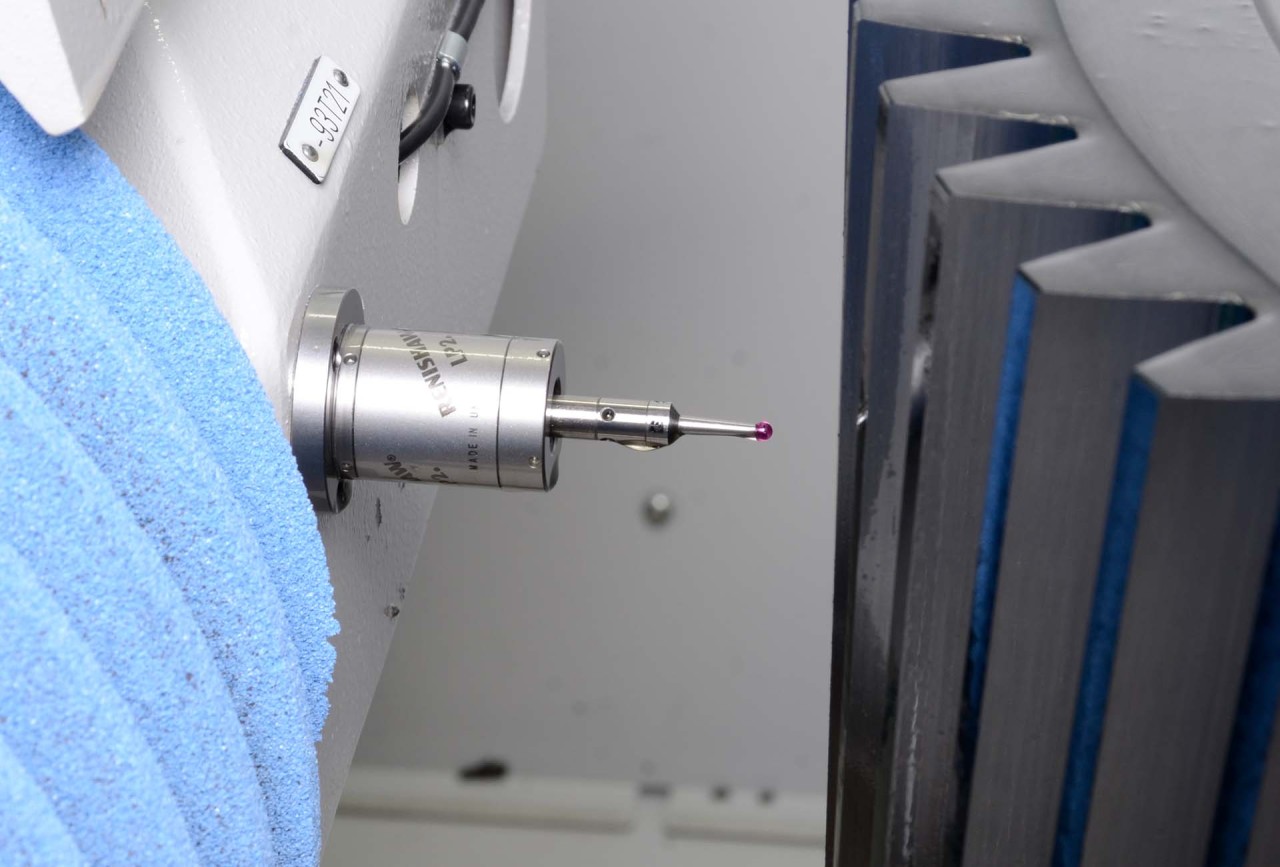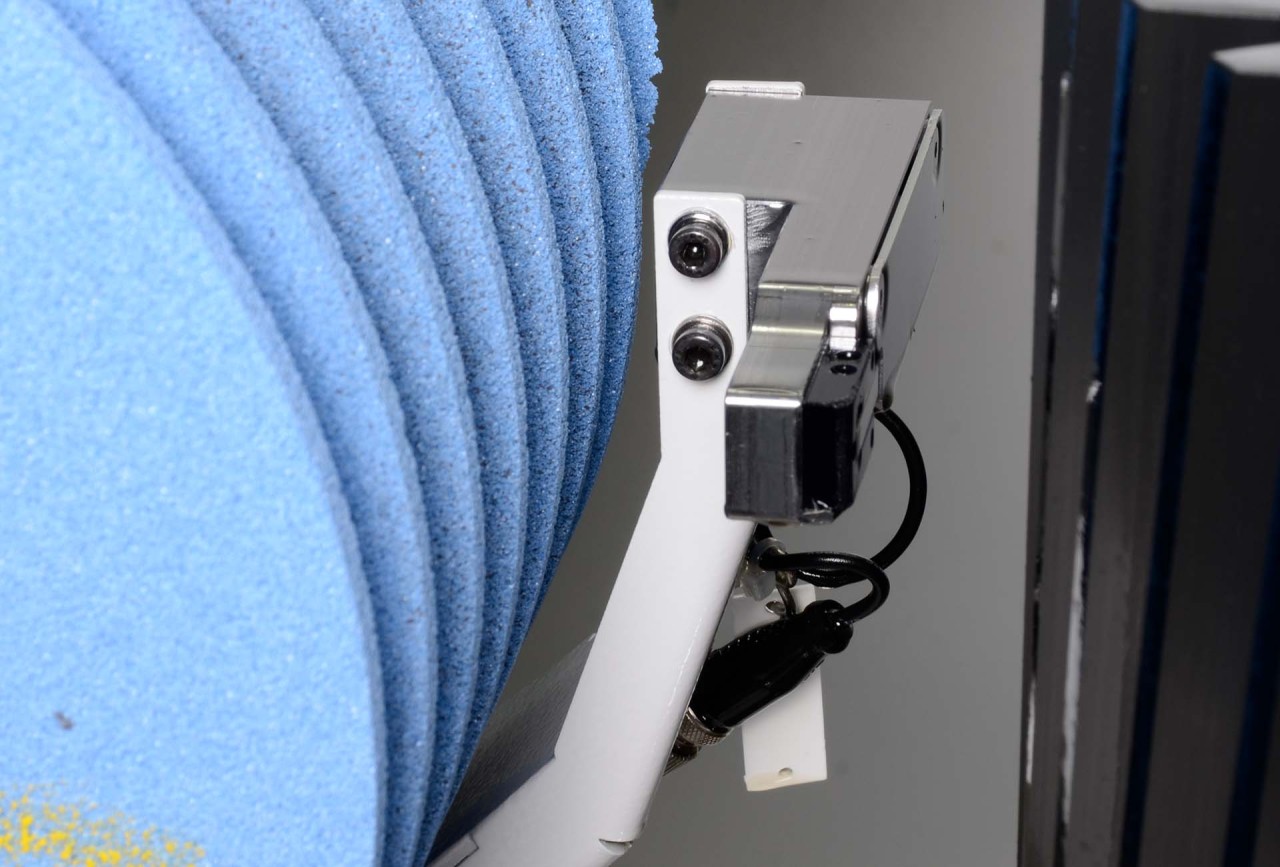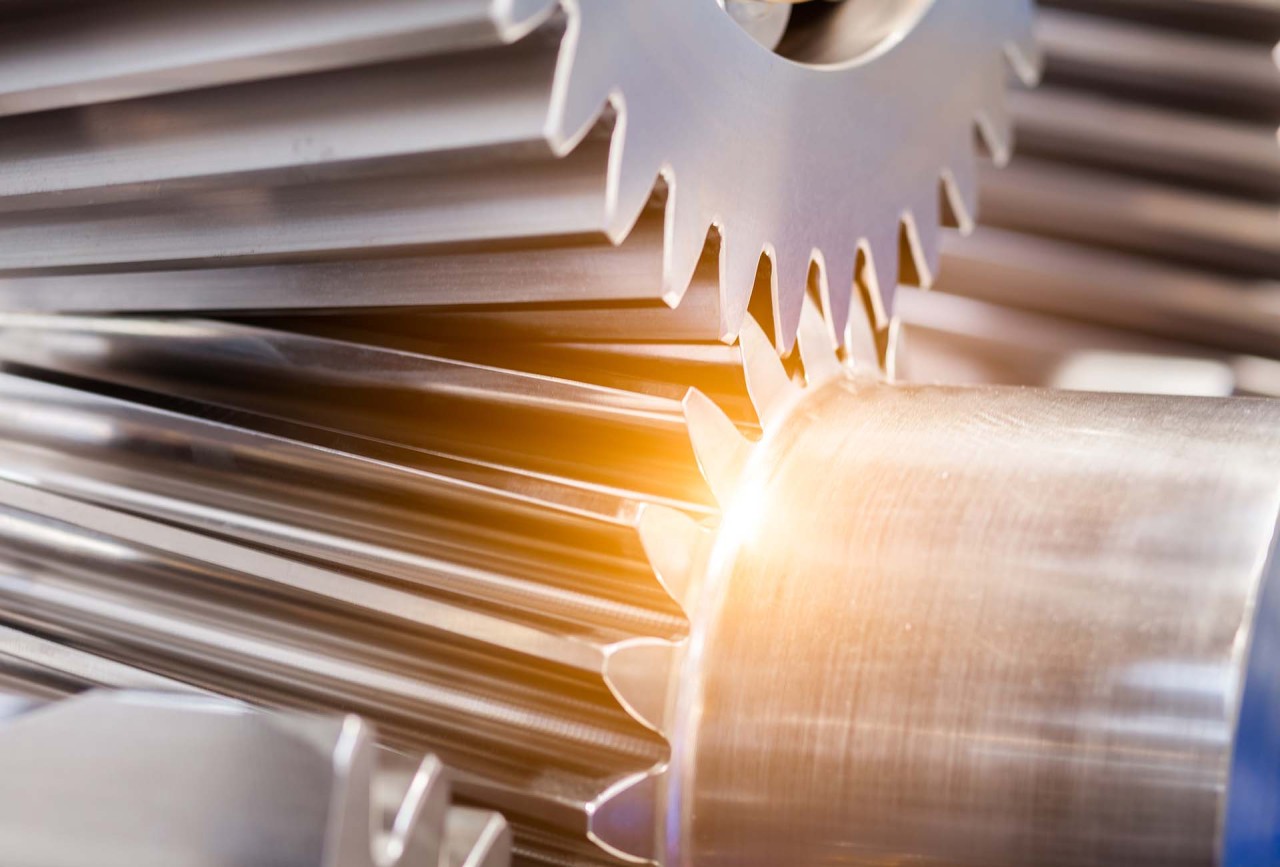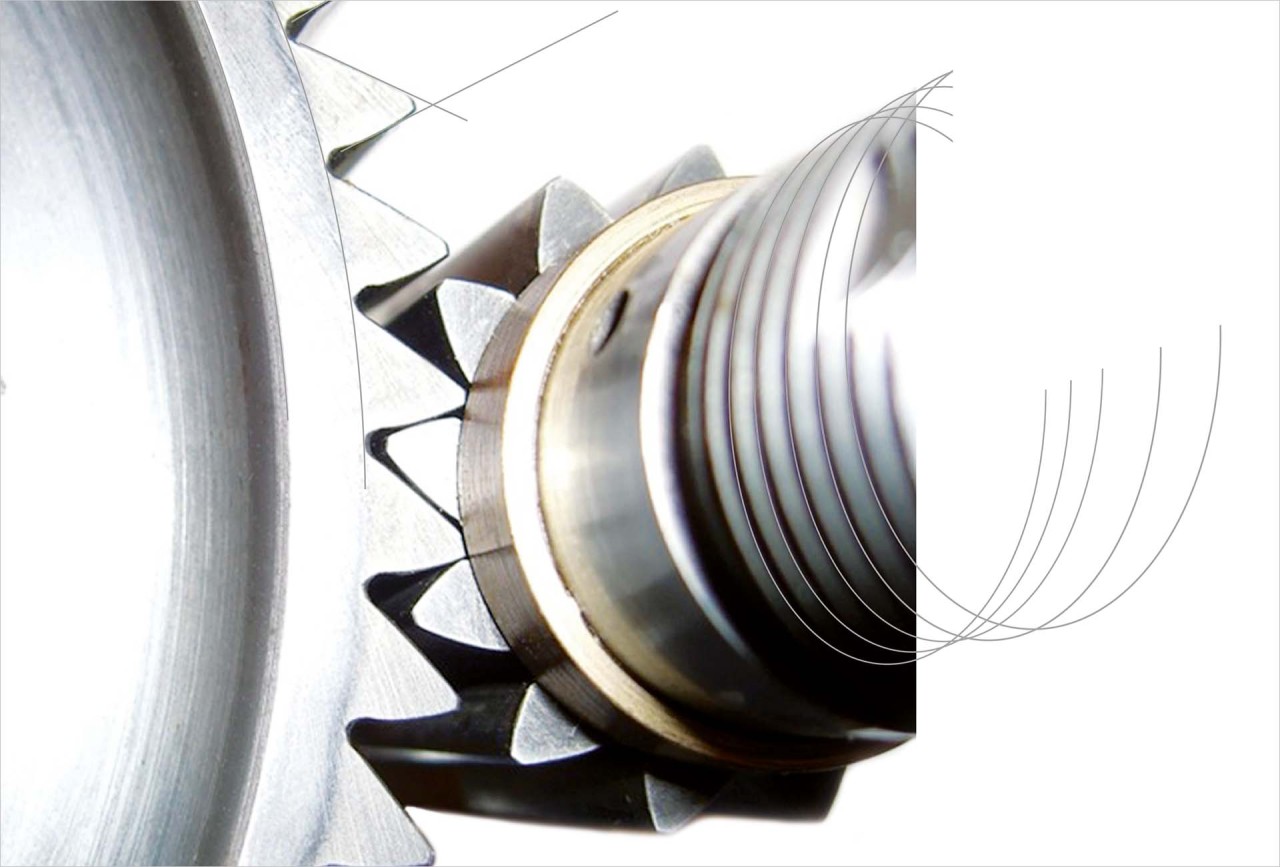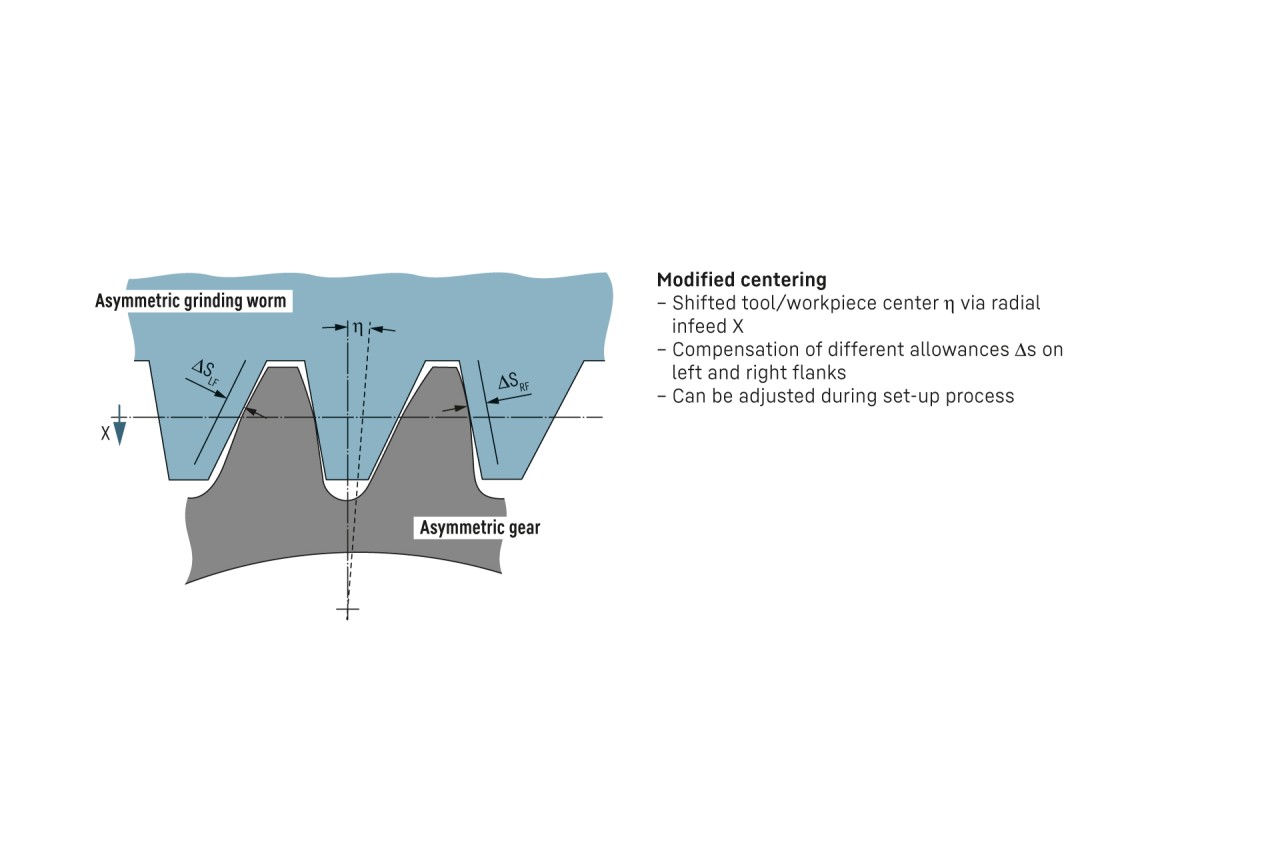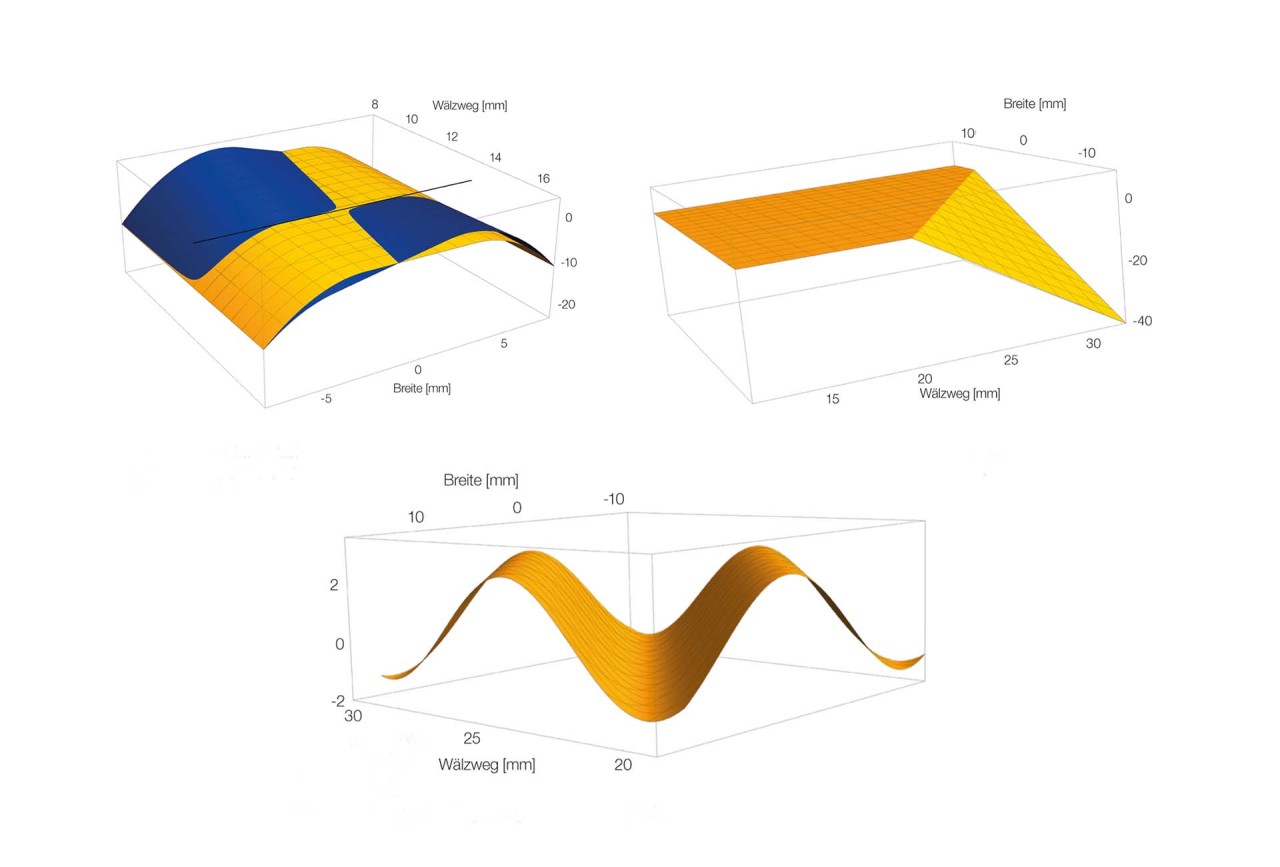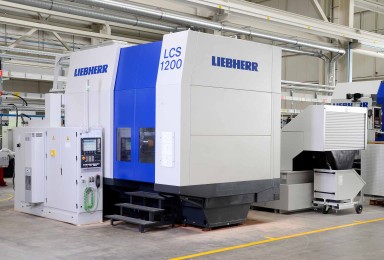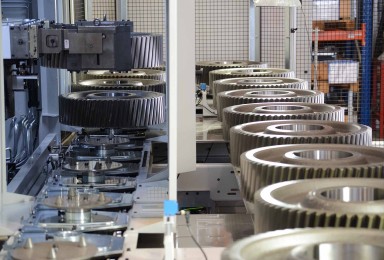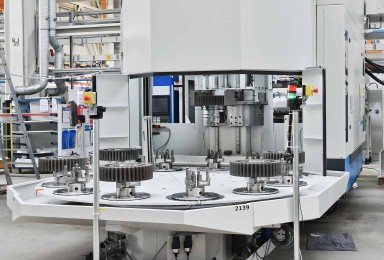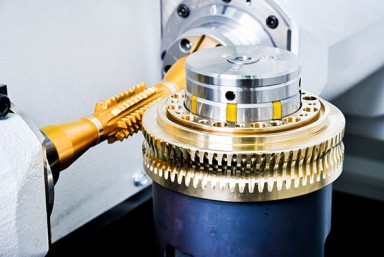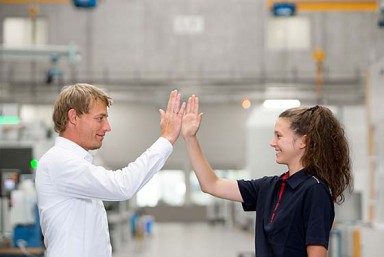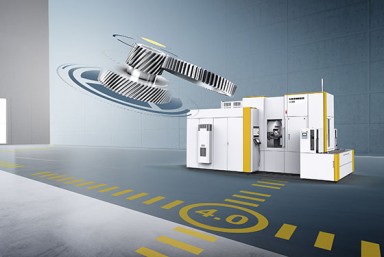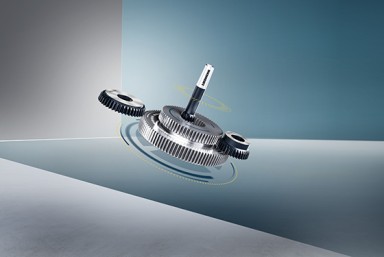LCS 600 - 1200
Large dimensions. Fantastic technology.
Generating grinding up to module 14mm
Generating grinding workpieces up to 1,200mm in workpiece diameter
Workpiece automation up to a workpiece diameter of 800mm and a workpiece weight of 1,000kg
Machine design
The new LCS Series 3 provides a machine system for the hard-fine machining of gears, which is characterized by its outstanding efficiency and versatility: generating or profile grinding with dressable or electro-plated CBN tools.
Gear grinding with dressable worms or discs has been a successful and well established technology for many years. Today, with the use of sintered corundum tools, it has reached a remarkable performance level.
With the LCS series, Liebherr enables the user to use both technologies without limitation, unlocking completely new possibilities in particular generating grinding the sorts of larger gears used in the wind power industry, for example.
Application examples
Video
Generating grinding large modules on the LCS 700 generating and profile grinding machine
Dressing, grinding and loading on the LCS 600 generating and profile grinding machine
Video
On-board inspection on the LCS 600 generating gear grinding machine
Technology
01/02
Video
Generating grinding and dressing on the LCS 800 generating gear grinding machine
Automation
Available for LCS 600, LCS 700 and LCS 800
Technical data
| Axial travel | 1,450 mm |
| Min. position above table | 200 mm |
| Grinding head swivel angle | 45 ° |
Variants
| Variants | LCS 600 | LCS 700 | LCS 800 | LCS 1000 | LCS 1200 |
|---|---|---|---|---|---|
| Workpiece diameter (mm) | 600 | 700 | 800 | 1,000 | 1,200 |
| Workpiece speed (min-1) | 350 | 350 | 250 | 250 | 250 |

